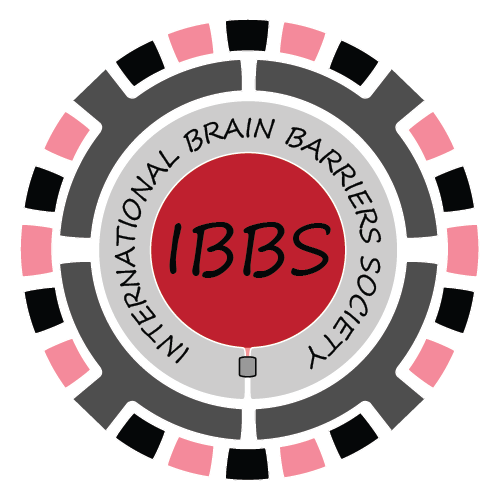About the Wyss:
The mission of the Wyss Institute for Biologically Inspired Engineering at Harvard University is to transform human healthcare and the environment by emulating the way nature builds. Developed as an alliance between Harvard and other premier academic and clinical partner institutions, Institute faculty and staff collaborate in high-risk, fundamental research and science-driven technology development. A major focus of the Institute is to translate the technologies developed by its faculty and staff into commercial products and therapies through collaborations with clinical investigators and establishment of corporate alliances. For more information, discover our technologies, catch up on our recent news, or watch our latest videos.
Role Description:
The Wyss Institute for Biologically Inspired Engineering at Harvard University invites applications for Visiting Graduate Researcher position in the Brain Targeting Program (BTP). The position will focus on the discovery of new gene and protein targets to carry therapeutic and diagnostic payloads into the brain.
The Wyss Institute’s BTP, co-led by James Gorman, M.D., Ph.D. and Donald Ingber, M.D., Ph.D., is pursuing multile projects directed to improved methods of transport across the blood brain barrier (BBB) into the brain, with the aim of improving treatments for diverse diseases of the central nervous system. The BTP uses a discovery platform that leverages in vitro models of the blood-brain barrier (BBB) to study the transport of molecules across the human BBB into the central nervous system. One of its core projects is a target-discovery effort directed at identifying proteins that are highly expressed on the BBB endothelial cell surface and are present at higher levels (“enriched”) in the BBB compared to other organs. These proteins will be evaluated for their potential to transport therapeutics across the BBB. The Wyss team is collaborating with several biopharmaceutical companies and other academic institutions to advance the brain transport target discovery program.
Applicants should have knowledge of the brain, understand basic cell biology, and be able to perform cell culture experiments. The candidate will have one primary mentor and will receive rigorous training, exposure to multiple disciplines, and in-depth learning about the BBB and target discovery, preparing them to pursue academic or biopharmaceutical careers.
Key Responsibilities:
- Investigate and interpret scientific literature to identify and classify potential targets
- Analyze transcriptomic and proteomic datasets to evaluate genes/proteins based on various metrics (e.g., abundance, enrichment, literature rating)
- Design and execute experiments to validate novel targets using BBB cell culture models to test BBB transport of antibody panels and labelled receptor ligands
- Summarize, present, and share key findings with an interdisciplinary, scientific team in a cogent, organized manner
- Collaborate with other researchers and post-doctoral fellows to address and solve new challenges and unanticipated problems as they arise
- Work as independently as possible, in a detail-oriented, self-driven manner
- Some of the literature and data analysis may be performed virtually during part of the internship.
We are currently seeking two interns to participate in the brain transport target discovery program. The position is unpaid. The applicant must either receive academic credit and be able to fund their own travel and living expenses for the internship, or have secured an external source of fellowship support if there is no academic credit being granted for the internship.
What you’ll need
- Applicants must hold a BSc and/or MSc degree in the field of Biology, Neuroscience, Bioengineering, or a closely related discipline. PhD holders are not eligible for this position.
- Scientific, Practical, and Interpersonal Skills:
- Soft Skills: communication, adaptability, independent thinking, efficiency, self-drive
- Computer Skills: Microsoft Office (Word, PowerPoint, Excel),
- Scientific Skills: design and implementation of scientific protocols, analysis of scientific literature and datasets, knowledge of proteins / genes / neurodegenerative disorders
Preferred:
- Experience with transcriptomics or proteomics
- Experience with cell culture
Where You Can Apply:
Applications, assembled as a single PDF file, should contain a complete resume and a cover letter describing research interests, goals, and why you would be a good fit for this program. Applications should be sent to
You can also find this position opening on the website: https://wyss.harvard.edu/job/visiting-graduate-researcher-brain-targeting-program/
Not Ready to Apply Yet?
Sign up for our Talent Community to stay up to date on career information and the latest news from the Wyss Institute at Harvard University.
Harvard University is an equal opportunity employer and all qualified applicants will receive consideration for employment without regard to race, color, religion, sex, national origin, disability status, protected veteran status, gender identity, sexual orientation, pregnancy and pregnancy-related conditions, or any other characteristic protected by law. Demonstrates a commitment to diversity, inclusion, and cultural awareness through actions, interactions, and communications with others.




